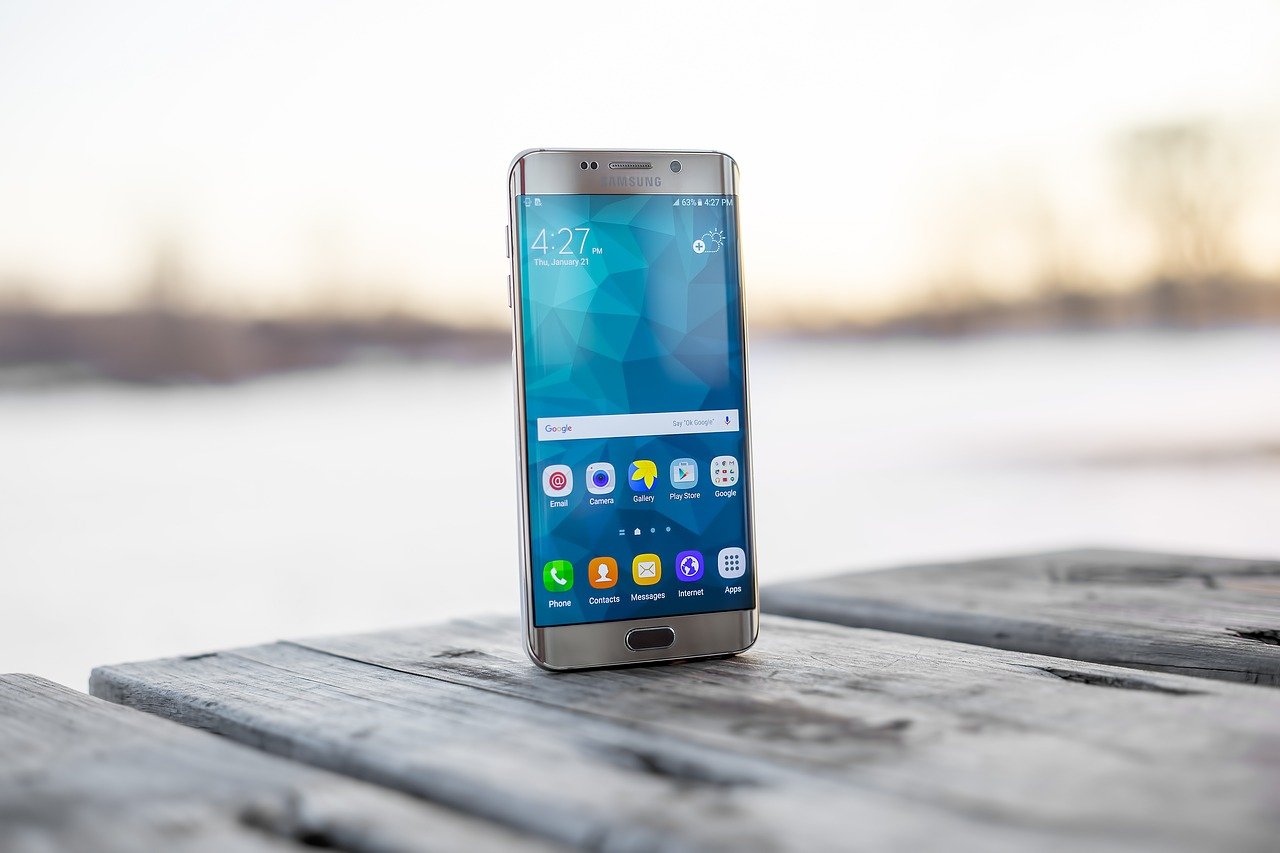
South Korean conglomerate Samsung is expecting its profit to increase by nearly 60% last quarter, possibly aiming to retake top position from struggling rival Huawei.
According to Samsung, it expects to make an operating profit of almost 12.3 trillion won or $10.6 billion for the July to September quarter, representing a 58% increase from the same period last year.
This surge in profit may suggest that Samsung can retake its position as the top smartphone seller globally from its embattled Chinese rival Huawei.
Q3 financial performance and analysts' views
Samsung's estimates are also beyond the 26% profit increase expected by analysts surveyed by data provider Refinitiv.
The Korean tech firm also forecasts its sales for the quarter to go up at around 6% to 66 trillion won or $57 billion, which is slightly better than the 63 trillion won in sales or $54.5 billion expected by Refinitiv.
Full third quarter results will be reported by Samsung at the end of October.
Earlier this year, its Chinese rival Huawei overtook Samsung as the world's top smartphone seller amidst the impact of the coronavirus pandemic on the world's economies. Most of Huawei's sales were from China, whose recovery from the pandemic was faster than other nations.
However, SK Kim, an analyst at brokerage firm Daiwa, said in a research note that a surge in smartphone sales will drive a rebound in earnings for Samsung for the third quarter, which he expects to carry over to next year.
According to Kim, the increase in sales may be attributed to US restrictions on Huawei, a rise in demand for 5G phones and "improved cost structure with a rapid shift to online marketing."
The coronavirus pandemic has prompted Samsung to close down retail stores globally, leading to lower marketing costs.
Meanwhile, Lee Su-bin, an analyst with Daishin Securities, said: "Samsung is poised to see shipments of semiconductors and display panels to captive customers grow, fueled by increased sales."
"It stands to benefit more significantly than any of its peers from the ongoing ban on Huawei," Lee added.
Huawei's woes
In July, the UK government decided to ban Chinese tech giant Huawei from its 5G network, doing a turnabout on its January decision to grant it a limited role.
The government changed its policy and announced the ban on Huawei from its 5G network. It instructed operators, including BT and Vodafone, to remove existing Huawei equipment from their 5G networks until 2027.
Digital and Culture Minister Oliver Dowden explained that the new US sanctions imposed on the company in May had "significantly changed" the landscape.
Dowden said: "Given the uncertainty this creates around Huawei’s supply chain, the UK can no longer be confident it will be able to guarantee the security of future Huawei 5G equipment."
The UK’s decision to ban Huawei may be considered a big win for the US, particularly President Donald Trump’s administration, as it has been pushing allies to exclude Huawei from their 5G networks.
According to Defense Secretary Ben Wallace, the US sanctions, which will come into effect in September, had specifically been designed to force the UK to reconsider Huawei.
Wallace explained: "It is a better set of sanctions than the earlier set, and it’s specifically clearly designed in a smarter way to put countries that have high-risk vendors – specifically Huawei – under greater pressure."






